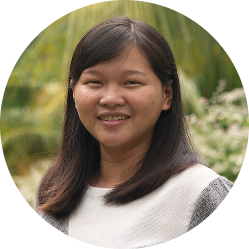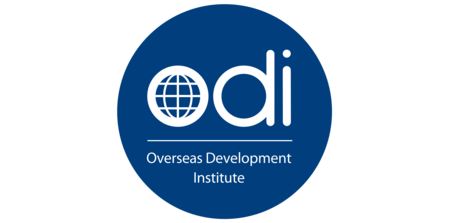Digital Transformation and Financial Inclusion in Asia and the Pacific
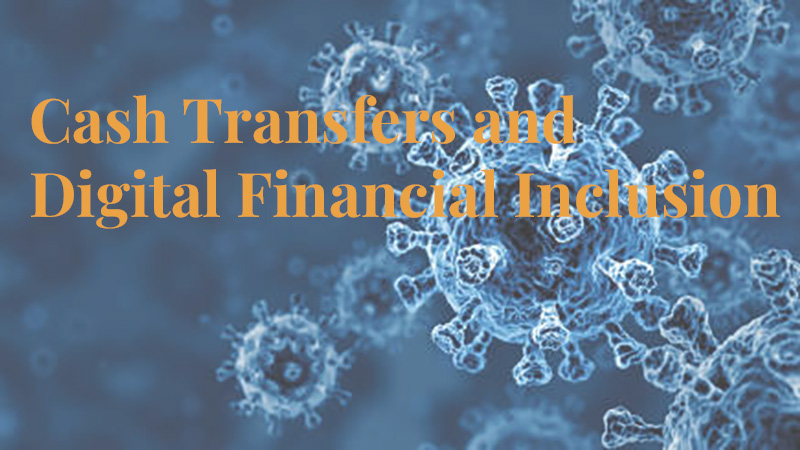
Access to formal financial services and technology across low-, middle- and high-income countries is far from universal. East Asia and the Pacific and South Asia together account for over 800 million unbanked people, and the region is home to over 50% of the unbanked and digitally under-served globally. Digital financial inclusion is becoming central to the World Food Programme’s (WFP) work in addressing food security and nutrition. Cash transfer programmes that WFP either delivers aim to provide people the means to meet their essential needs in local markets and to contribute to financial inclusion and the agenda of women’s economic empowerment. These interventions can provide first-time access to bank or mobile money accounts, and financial services to unbanked and underserved populations and their businesses.
To that WFP RBB has commissioned ODI to conduct a study that will speak to the wider audience of policymakers, donors, NGOs, governments, and academics who work in the DFI space as it relates to cash/CBT for low-income populations. The study has two components: a research component mapping out regional actors as well as providing illustrative information on end-user experience and a consultancy component focused on working with WFP country offices in case study countries. To gather data on the end user experience ODI will carry out a small data collection exercise in three countries: Nepal, Cambodia, and Bangladesh. This part of the study is focused on gathering data on whether cash transfers delivered digitally lead end users to engage with financial products (available digitally or otherwise).
Project Objective
In Cambodia, ODI in partnership with CDRI conducts a total of 10 FGDs only with users of the child care grant (by the Government of Cambodia) and the end-users of the government’s emergency Covid-19 cash transfer according to the table given below. The FGDs will be accompanied by paired KIIs with people with disability (also provided in the table below) who are users of the government emergency Covid-19 grant – a total number of 8 interviews with 16 participants. These will be accompanied by at least one set of paired KIIs (either rural or urban) with women living with disability who are receiving the child care grant.
Other Projects
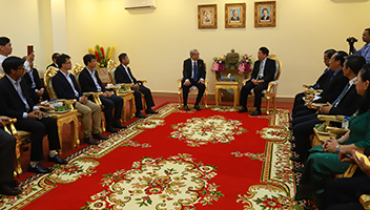
Research, Policy Dialogue and Capacity Building Pr...
Cambodia has achieved strong growth in the past two decades, and the country has graduated to lower-middle-income status with a per capita i...
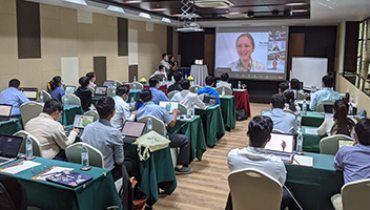
Thnal Udom Chomnes: Promoting Cambodian Higher Edu...
This three-year programme is supported by the Australian Department of Foreign Affairs and Trade (DFAT) through The Asia Foundation (TAF)’s...
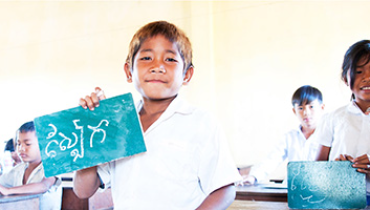
Education Research for Effective Policy Reforms
A five-year project called ‘Education Research for Effective Policy Reforms’ with a total funding of USD446,713 aims to produce independent,...
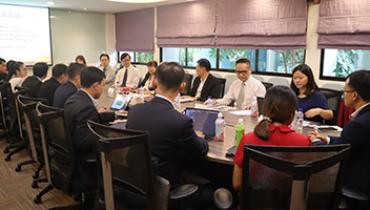
Higher Education Policy Research & Influencing in...
The “Higher Education Policy Research & Influencing in Cambodia” was one of the major programmes implemented by the Education Unit of the Ca...

